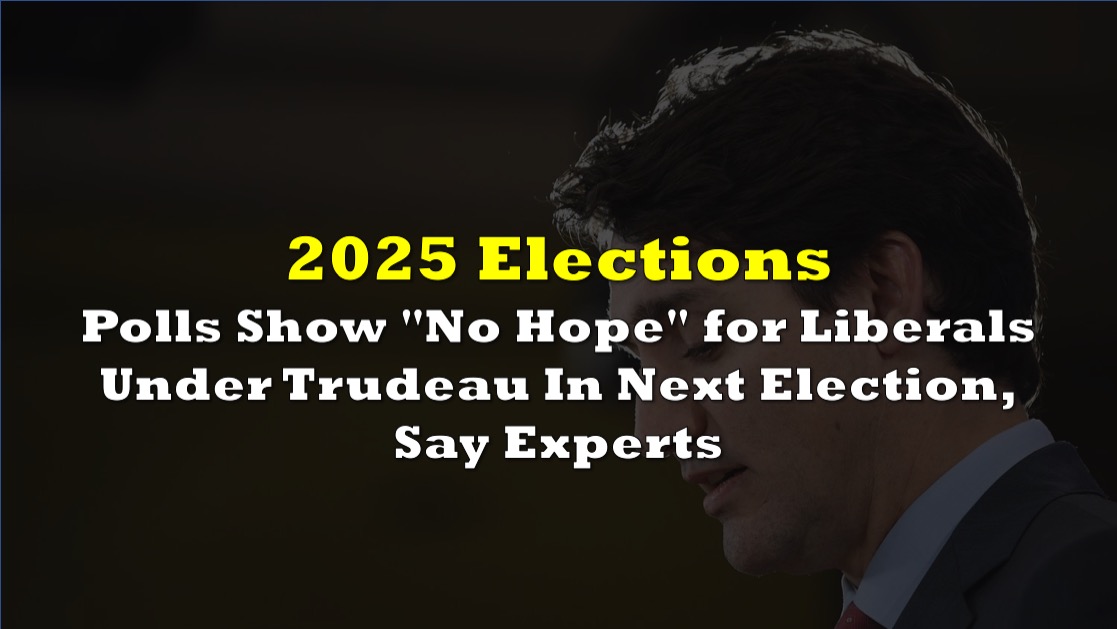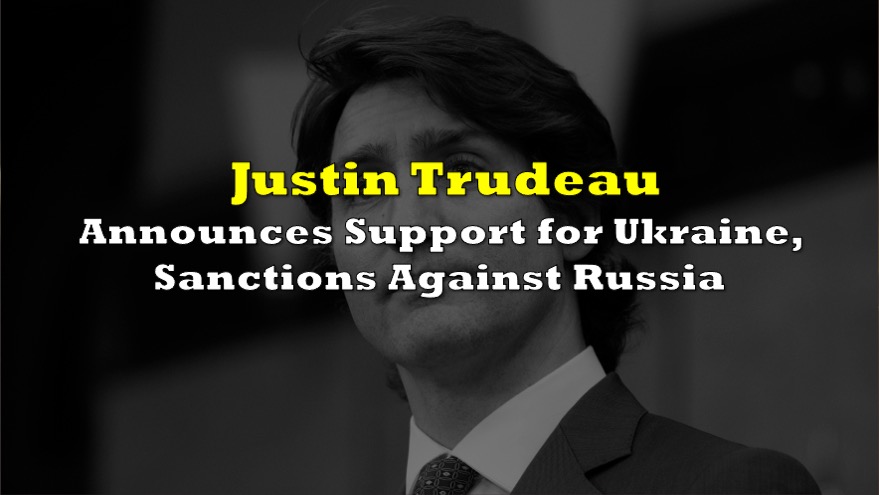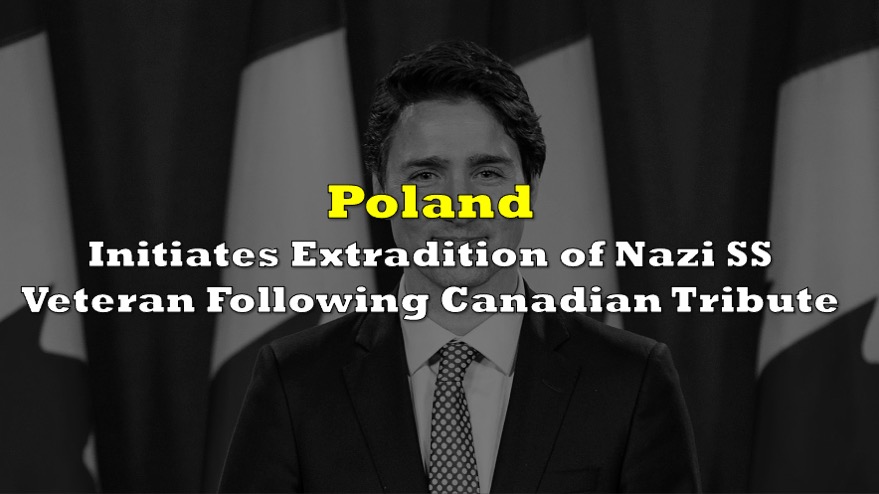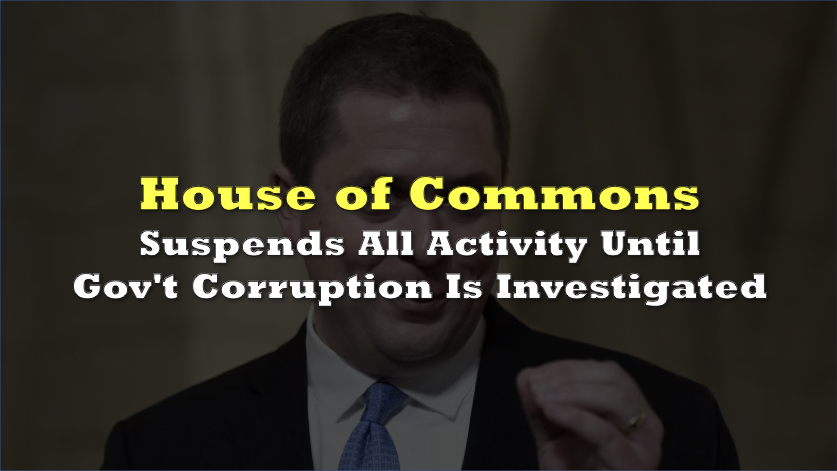As Canada heads towards its next federal election, the Liberal Party under Prime Minister Justin Trudeau faces a daunting challenge. Recent polls indicate that the Liberals, struggling to maintain support, are poised for a significant defeat against the Conservative Party, led by Pierre Poilievre.
According to a late April survey by the Innovative Research Group, the Conservatives garnered 41% support, while the Liberals trailed at 24%. This trend has been consistent since November, signaling a shift in public sentiment. Greg Lyle, president of Innovative Research Group, stated, “Trudeau has basically tanked with everybody. It’s over for him. There’s no hope with Trudeau.”
‘No hope’ for Liberals winning next federal election with Trudeau as leader, say pollstershttps://t.co/1scYHsS1UX via @thehilltimes
— Lorrie Goldstein (@sunlorrie) June 10, 2024
A more recent poll by Abacus Data echoes these findings, with the Conservatives maintaining 41% support compared to the Liberals’ 25%. In Quebec, the Liberals hold a narrow lead over the Conservatives (26% to 21%), but they lag significantly in other provinces and across various age groups, particularly among voters aged 30 to 44, where the Conservatives hold a 46% to 24% advantage.
One potential bright spot for the Liberals is the 18-29 age cohort, where they trail the Conservatives by a smaller margin (28% to 32%). This demographic is a key target for Trudeau’s policies, including the recent federal budget’s focus on housing and support for young entrepreneurs. Eddie Sheppard, vice-president of insights at Abacus Data, explained, “Trudeau is targeting Zoomers, whose predecessors helped propel his party to power in 2015.”
However, Poilievre’s emphasis on housing affordability resonates with younger voters. Abacus Data found that 43% of respondents believe the Conservatives are best equipped to tackle this issue, an increase of 4% since December.
Trudeau’s favourability rating stands at 26%, with 58% of respondents holding an unfavourable view. By contrast, Poilievre has a net positive score, with 38% viewing him favourably compared to 37% unfavourably. Only 17% of respondents believe the Liberals should be re-elected, with 54% desiring a change in government.
Sheppard noted that the Liberals’ chances could improve if they can effectively highlight the potential risks of a Poilievre-led government. However, should Trudeau step down, there is no clear successor. Mark Carney, former Bank of Canada governor, and Deputy Prime Minister Chrystia Freeland are potential candidates, but neither has garnered significant public support.
Trudeau faces personal challenges, including his recent separation from Sophie Grégoire Trudeau and the responsibilities of raising their three children. Greg Lyle suggested that Trudeau might need to consider his leadership from a deeply personal perspective, questioning the rationale for staying on amid likely defeat.
With a potential Trump presidency in the U.S. as a backdrop, Trudeau could frame Poilievre as a risky alternative for Canadians. However, Lyle believes that Trudeau’s departure is the most probable scenario heading into summer, allowing the Liberals to regroup and select a new leader who can potentially change the party’s fortunes.
“Why would you want to stay around for an almost-certain defeat?” offered Lyle. “But coming into the summer, the most likely scenario is that Trudeau resigns.”
The next Canadian federal election, scheduled for October 2025, will determine the composition of the 44th Parliament of Canada. The Liberals, currently holding a minority government with 155 seats, will need to secure at least 172 seats to form a majority in the newly expanded 343-member House of Commons.
Information for this briefing was found via The Hill Times and the sources mentioned. The author has no securities or affiliations related to this organization. Not a recommendation to buy or sell. Always do additional research and consult a professional before purchasing a security. The author holds no licenses.












One Response
please lets hope he goes and an election is called